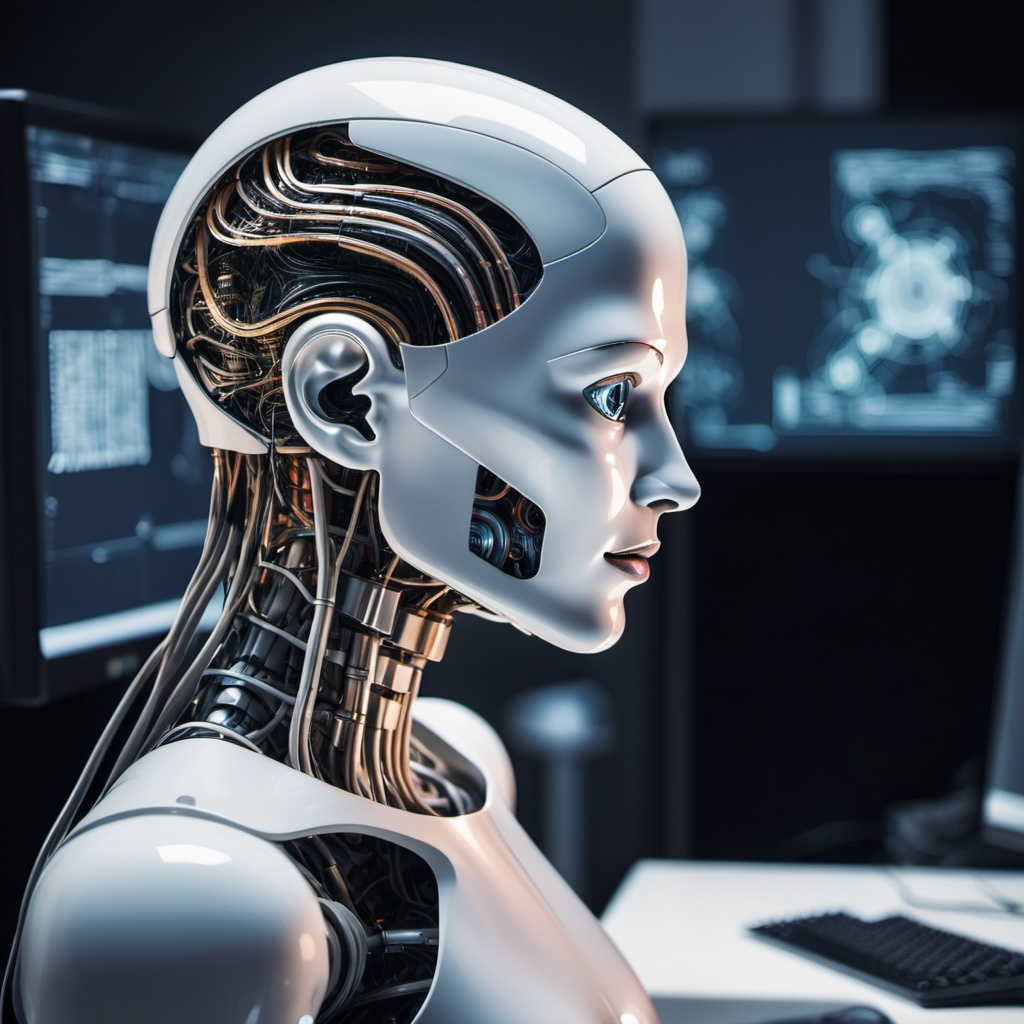Is Programming Still Worth It in an Era Dominated by Advanced AI?
 Ahmed Raza
Ahmed Raza
In recent years, the rapid development of artificial intelligence (AI) has reshaped industries and professions, raising a critical question: Is it still worth investing time and effort into learning programming? As AI continues to automate tasks once considered uniquely human, this question becomes particularly pertinent for those considering programming as a career or skill.
While some argue that AI could make traditional programming redundant, a closer examination reveals that programming remains not only relevant but essential. This argument is supported by historical parallels, the limitations of AI, and the evolving role of human creativity and expertise in the age of intelligent systems.
Lessons from History: Tools Don’t Replace, They Augment
The history of technological advancement demonstrates a recurring pattern: tools that simplify specific tasks rarely render human expertise obsolete. Instead, they elevate the level of skill and creativity required. Consider the invention of the calculator. When it emerged, some feared it would erode the skills of mathematicians. In reality, calculators relieved mathematicians of repetitive calculations, enabling them to focus on higher-level concepts and complex problem-solving. Similarly, AI has the potential to offload mundane coding tasks, allowing programmers to engage with more sophisticated challenges.
Another instructive example is the advent of the printing press. Before its invention, copying manuscripts was a labor-intensive process requiring specialized scribes. The printing press automated this work, democratizing knowledge and enabling writers, philosophers, and scientists to disseminate ideas more widely. Rather than replacing intellectual labor, it expanded its reach and impact.
The Current Landscape: AI as a Tool, Not a Replacement
Advanced AI tools, such as OpenAI’s Codex or GitHub Copilot, are transforming the way programming is done. These tools can generate code snippets, debug programs, and suggest optimizations, significantly reducing the time required for routine tasks. However, they do not render programmers obsolete for several reasons:
Understanding Context and Goals
Programming involves more than writing code; it requires understanding business objectives, user needs, and system constraints. AI lacks the ability to fully grasp these nuanced contexts, making human programmers indispensable in defining the scope and purpose of software projects.Debugging Complex Systems
While AI can assist in identifying and fixing certain bugs, it cannot yet match human expertise in diagnosing and resolving complex, interconnected issues. A programmer's ability to think critically and creatively is irreplaceable in such scenarios.Ethical and Responsible AI Development
The rise of AI itself has created a new domain of programming: the development of ethical, transparent, and reliable AI systems. This requires a deep understanding of programming, mathematics, and ethics, fields that AI cannot independently master.Customization and Innovation
AI models are inherently limited to what they have been trained on. They excel at pattern recognition but struggle with innovation or tackling novel problems. Programmers, by contrast, can create entirely new algorithms, architectures, and systems tailored to unique challenges.
The Evolving Role of Programmers
AI is undoubtedly changing the skillset required in programming. Instead of focusing solely on coding syntax, future programmers will need to specialize in areas such as:
AI and Machine Learning Development
As AI adoption grows, so does the demand for experts who can build, train, and refine AI systems.System Design and Architecture
Designing robust, scalable, and secure systems will remain a critical human-driven activity.Interdisciplinary Applications
Programming is increasingly intersecting with fields like biology, healthcare, and finance. Programmers with domain expertise will drive innovations in these areas.AI Collaboration
Programmers must learn how to effectively use AI tools, leveraging them to enhance productivity and creativity while ensuring accuracy and reliability.
Conclusion: A Worthy Investment in a Changing Landscape
Programming remains a valuable skill in the AI era, albeit with an evolving focus. Just as calculators did not eliminate the need for mathematicians, AI will not replace programmers. Instead, it will shift their roles toward higher-value tasks that require critical thinking, creativity, and ethical judgment.
As history has shown, technological advancements tend to augment rather than replace human expertise. Learning to program in a world with advanced AI is not about competing with machines but collaborating with them to build a more innovative and equitable future. For those willing to adapt and grow alongside these technologies, programming is not only worth it but essential.
Subscribe to my newsletter
Read articles from Ahmed Raza directly inside your inbox. Subscribe to the newsletter, and don't miss out.
Written by

Ahmed Raza
Ahmed Raza
Ahmed Raza is a versatile full-stack developer with extensive experience in building APIs through both REST and GraphQL. Skilled in Golang, he uses gqlgen to create optimized GraphQL APIs, alongside Redis for effective caching and data management. Ahmed is proficient in a wide range of technologies, including YAML, SQL, and MongoDB for data handling, as well as JavaScript, HTML, and CSS for front-end development. His technical toolkit also includes Node.js, React, Java, C, and C++, enabling him to develop comprehensive, scalable applications. Ahmed's well-rounded expertise allows him to craft high-performance solutions that address diverse and complex application needs.